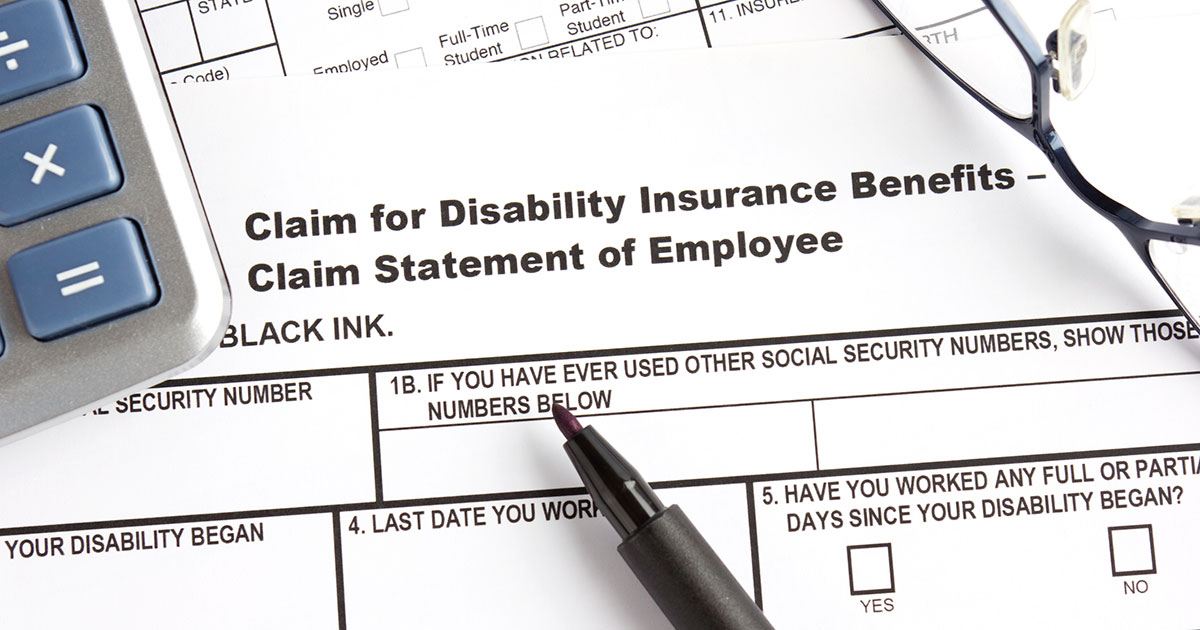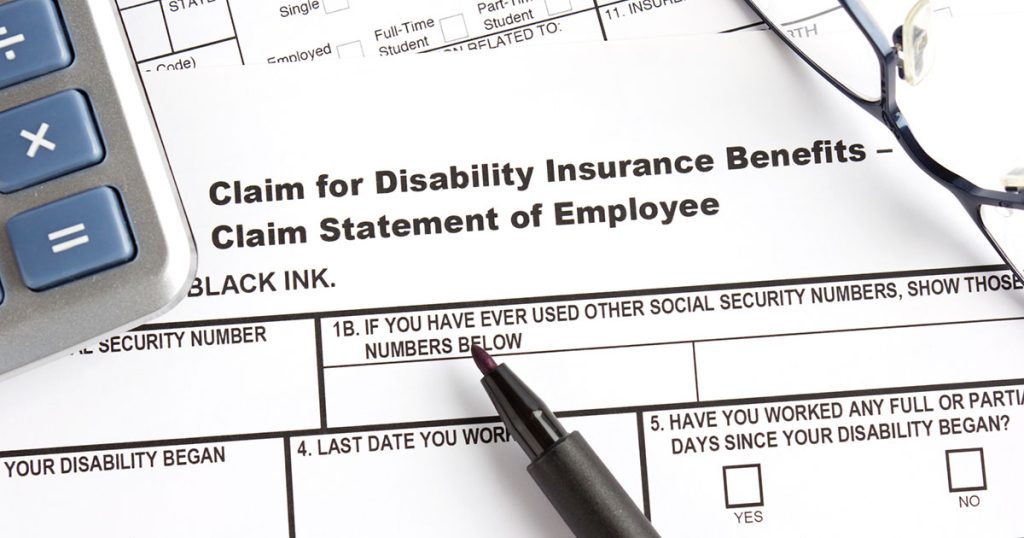Applying for Social Security Disability Insurance (SSDI) is already a stressful, paperwork-heavy process — but what if you found out that your claim was denied simply because of one avoidable mistake? Tens of thousands of SSDI applicants get rejected each year for the same reason, and it has nothing to do with their actual disability. The number one reason SSDI claims are denied is lack of solid medical evidence. Yes — not your symptoms, not your job history, not even a technical error. Just not enough medical documentation to convince the Social Security Administration (SSA) that you really can’t work.
Why Do SSDI Claims Get Denied So Often?
It might shock you, but over 60% of initial SSDI applications are denied. And the majority of those are turned down because the SSA says applicants “didn’t prove they’re disabled.” This doesn’t mean the person isn’t genuinely suffering — it means their medical records didn’t clearly back it up. SSDI is a federal program, and the bar is high. If your doctor’s notes are vague or your test results aren’t submitted, the SSA has no choice but to say no.
The SSA doesn’t just take your word for it. They need documentation — think MRIs, lab tests, X-rays, physical therapy records, psychiatry notes, and statements from your treating physicians. If they can’t see a full, clear picture of how your condition stops you from doing basic job tasks, they’ll reject your application.

Here’s What You Can Do to Fix It
The good news? You can absolutely improve your odds — even if you’ve already been denied once. Here’s how to avoid the #1 trap and build a winning SSDI case:
-
Get Consistent Treatment: Gaps in care raise red flags. Visit your doctors regularly and make sure they’re documenting your symptoms and limitations.
-
Collect Every Piece of Medical Paperwork: This includes test results, specialist evaluations, hospital discharge summaries, therapy notes, and medication lists.
-
Request a Detailed Medical Opinion: Ask your primary doctor to write a statement explaining how your condition limits your ability to work. Specifics matter — not just “this person is sick,” but “this person can’t stand for more than 10 minutes” or “they can’t lift more than 5 pounds.”
-
Show Up to SSA Exams: If the SSA schedules a consultative exam, you must attend. Missing it almost guarantees a denial.
-
Consider Hiring a Disability Attorney: Experienced lawyers understand exactly what the SSA wants to see and can gather the right documentation, submit it correctly, and argue your case effectively.
What If You’ve Already Been Denied?
Don’t panic — initial denials are common. You have 60 days to file an appeal, starting with something called “Reconsideration.” If that fails, you can request a hearing with an Administrative Law Judge. Many people actually win benefits at the hearing stage — especially with new medical evidence or the help of legal representation.
Just remember: A denial doesn’t mean you aren’t disabled. It usually means you haven’t given the SSA the full picture.
Why This Matters Now More Than Ever
With rising SSDI application numbers and budget constraints, the SSA is being more strict than ever. Even minor oversights can cost you months or even years of back pay. But with the right strategy — and especially the right medical evidence — you can dramatically increase your chances of getting the benefits you deserve.



